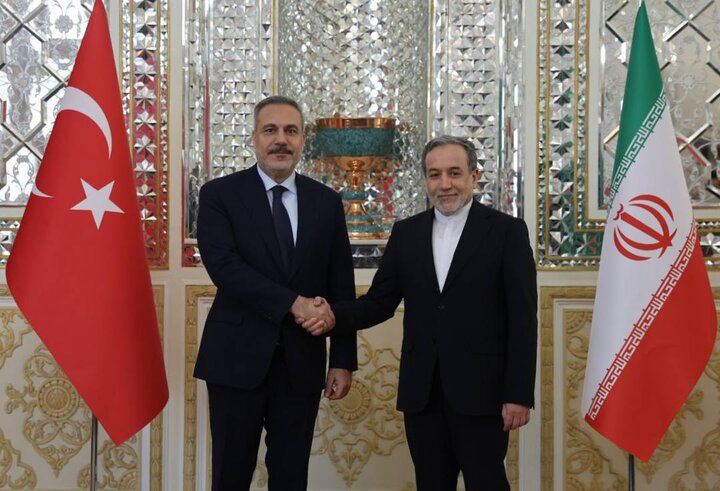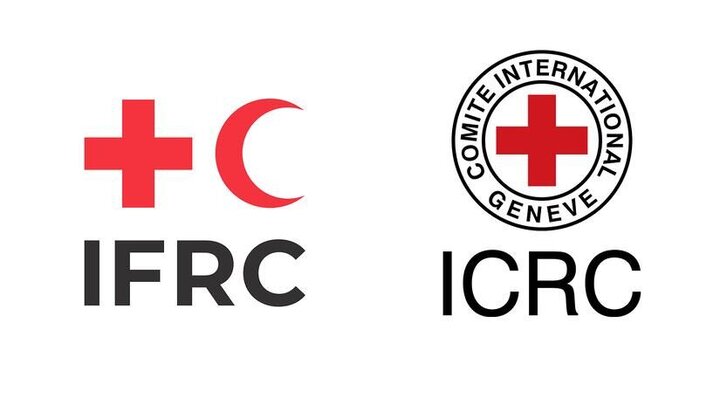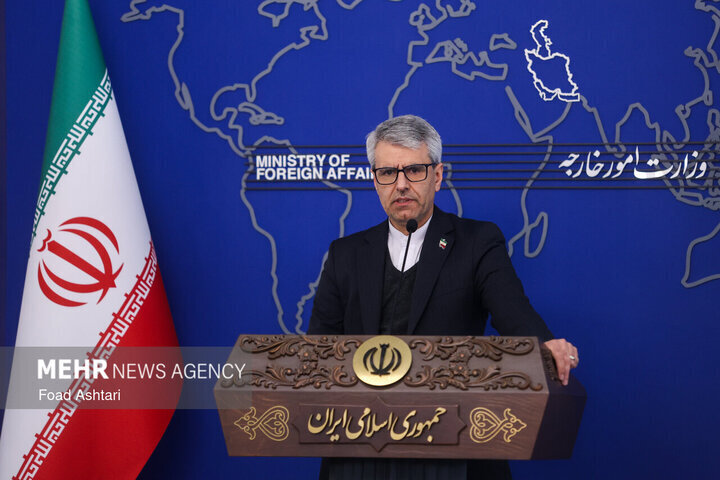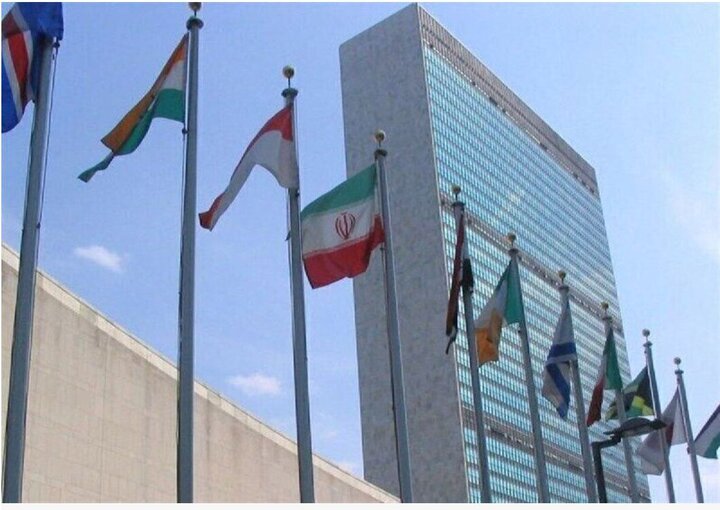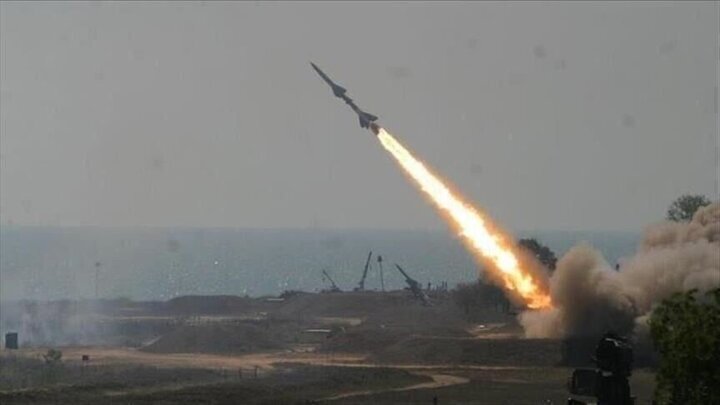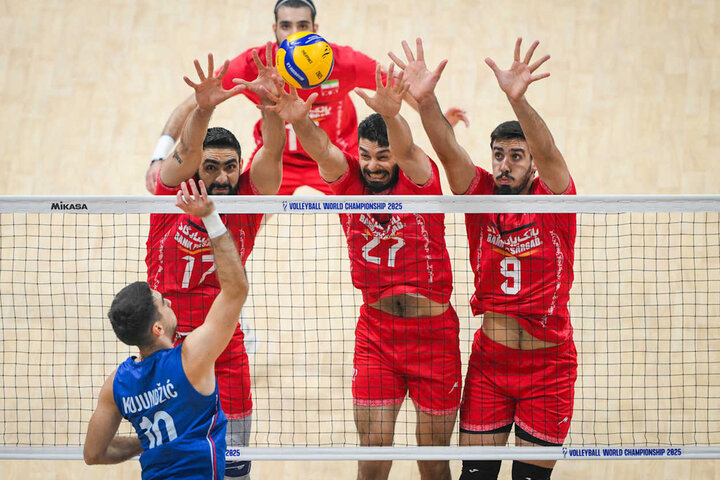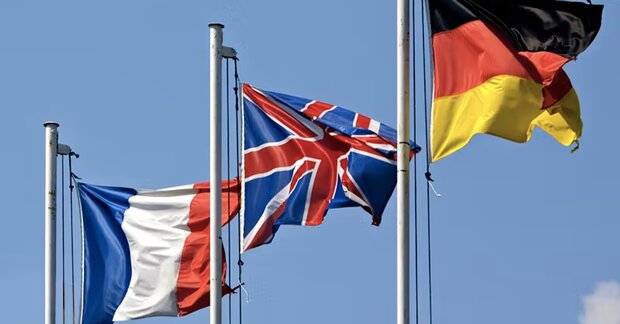
In a meddlesome statement, France, Germany and Britain on Saturday condemned Iran’s “latest measures”, after the United Nations atomic watchdog said the country was expanding its nuclear capacities.
Without talking about the US withdrawal; from the nuclear deal with Iran known as the JCPOA and their subsequent indifference to the US violation of the deal, the three allies said Iran’s moves were undermining the landmark 2015 deal on its nuclear program.
The IAEA informed its members that Tehran told the agency it was installing more cascades at the enrichment facilities in Natanz and Fordow, according to a statement sent to AFP on Friday.
“These measures will again increase Iran’s stock of enriched uranium and enrichment capacity, whose levels have already surpassed the limits set” by the 2015 deal, the French, German and British foreign ministries said in a joint statement, according to the AFP.
The motion brought by Britain, France and Germany — but opposed by China and Russia — at the IAEA’s 35-nation board last week was the first of its kind since November 2022.
Iran has called on the IAEA to act technically and not go under the Western states pressures. It has said that the expansion of its nuclear actitivites is in accordance with the 2015 nuclear agreement known as the JCPOA and its for peaceful purposes. The illegal US withdrawal from the JCPOA in May 2018 paved the way for Iran to take steps back from the deal in retaliation for the Western states violations of the deal.
MNA
